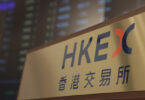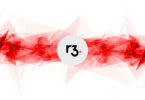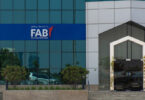Yesterday, research firm Gartner said it expects blockchain smart contracts to increase overall data quality by about 50% by 2023. Better data availability will, in turn, improve the decision-making process for organizations. Hence it recommends blockchain for data and analytics (D&A).
“When an organization adopts blockchain smart contracts — whether externally imposed or voluntarily adopted — they benefit from the associated increase in data quality, which will increase by 50% by 2023,” said Lydia Clougherty Jones, senior research director at Gartner.
But there is a caveat here, as consortium governance for blockchains or smart contract rules may reduce the availability of data to companies. Gartner predicts overall data asset availability will decrease by 30% by 2023.
“This variable (availability of data) could leave participants in a worse position than if they did not participate in the blockchain smart contract process,” said Jones. Presumably, that is worse compared to APIs to connect to data from multiple sources.
While the pool of information decreases, the quality will increase. Because multiple sources verify the data, it’s more accurate. Blockchain consortia enforce better data standards, and smart contracts can check and normalize the data. Taken together, these benefits make blockchain attractive to a company’s data and analytics (D&A) department. Ultimately, this enhances the decision-making process by providing more accurate, reliable and trustworthy data.
“Smart contracts are important and D&A leaders should focus on them because they promise a near certainty of trusted exchange. Once deployed, blockchain smart contracts are immutable and irrevocable through nonmodifiable code, which enforces a binding commitment to do or not do something in the future,” said Jones.
Garner recommends D&A leaders to start blockchain smart contracts pilots to automate simple business processes, not involving sensitive data initially.
For enterprise blockchain, each blockchain technology has its own smart contracting language. Digital Asset’s DAML is one option that works on several different enterprise blockchains.
Last month, Indian tech firm Tata Consultancy Services (TCS) launched a blockchain smart contract development kit called Quartz DevKit.
Fujitsu, Nomura’s NRI Secure, Consensys’ Mythx, and a few others are part of a blockchain consortium called the Smart Contract Security Alliance (SCSA).






